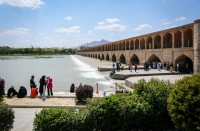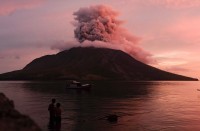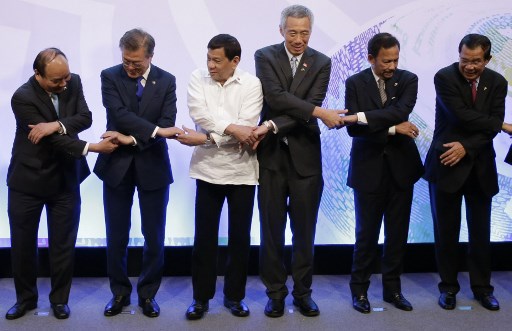
(Eagle News) – Malacanang hit a US intelligence community report that branded President Rodrigo Duterte as one of the Southeast Asian leaders who allegedly pose a threat to democracy and human rights in the region, saying this was a “myopic” and “speculative at best” assessment.
In a 28-page “Worldwide Threat Assessment” report of the US Intelligence Community presented by US Director of National Intelligence Daniel Coats, it listed Philippine president Duterte, Cambodian leader Hun Sen in the section called “regional threats” in Southeast Asia. The same report also expressed concern about threats to the US security interests worldwide posed by China, Russia, Iran, North Korea, including alleged state-sponsored cyber operations “to enable propaganda and messaging.”
“Democracy and human rights in many Southeast Asian countries will remain fragile in 2018 as autocratic tendencies deepen in some regimes and rampant corruption and cronyism undermine democratic values,” the US intelligence report said.
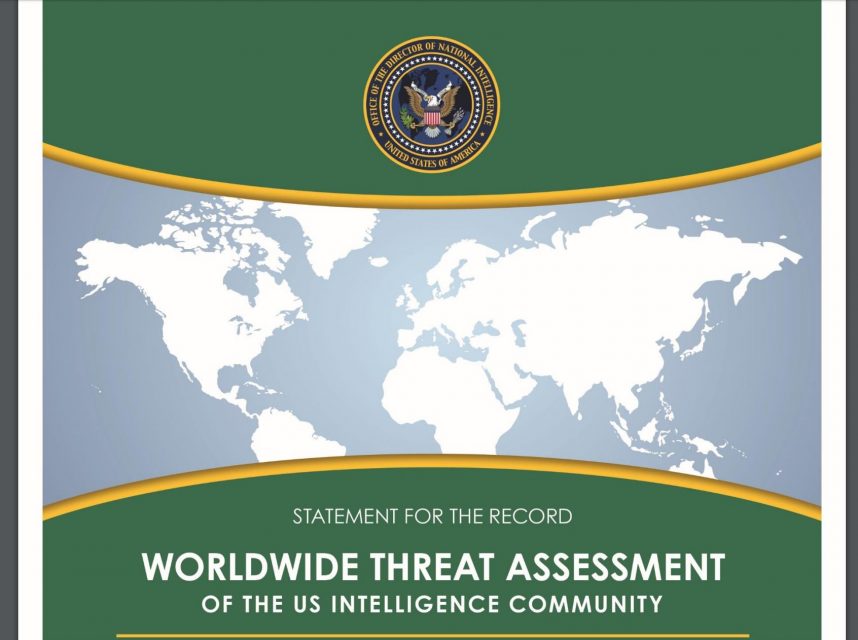
The US intelligence report claimed “countries in the region will struggle to preserve foreign policy autonomy in the face of Chinese economic and diplomatic coercion.”
It said that President Duterte’s “war against drugs, corruption and crime” and his alleged threat to “suspend the Constitution, declare a revolutionary government, and impose nationwide martial law” as reasons for his inclusion in the list.
“In the Philippines, President Duterte will continue to wage his signature campaign against drugs, corruption, and crime. Duterte has suggested he could suspend the Constitution, declare a “revolutionary government,” and impose nationwide martial law,” it said.
“His declaration of martial law in Mindanao, responding to the ISIS-inspired siege of Marawi City, has been extended through the end of 2018,” the US intelligence report added.
Malacanang disputed the US intelligence community report as “myopic and speculative at best.”
“For one, President Rodrigo Roa Duterte is no autocrat nor has autocratic tendencies. He adheres to the rule of law and remains loyal to the Constitution,” explained Presidential Spokesperson Harry Roque in a statement.
“An autocracy is not prevalent, as they would like everyone to believe. Our media are still able to broadcast and print what they want–“fake news” included. Our judiciary and the courts are functioning as usual. Our legislature remains independent and basic services are still being delivered,” he explained.
Roque also flatly denied the US report’s claim that a revolutionary government and nationwide martial law is in the offing.
-Roque: No revolutionary government, no martial law –
“There is no revolutionary government or nationwide martial law, which US intelligence officials are saying that the President might declare or impose,” he said.
“While it is true that the Administration uses and maximizes social media to promote government messages and accomplishments, members of the political opposition and other cause-oriented groups use the same media platform to advance their agenda,” he added.
The US intelligence report was also concerned that Cambodia was having closer ties with China, as it expresses fears that Cambodian leader Hun Sen will “repress democratic institutions” to “guarantee his rule” beyond 2018.
“Cambodian leader Hun Sen will repress democratic institutions and civil society, manipulate government and judicial institutions, and use patronage and political violence to guarantee his rule beyond the 2018 national election,” it said.
“Having alienated Western partners, Hun Sen will rely on Beijing’s political and financial support, drawing Cambodia closer to China as a result,” the US intelligence community report noted.
It also observed that “the crisis resulting from the exodus of more than 600,000 Rohingyas from Burma to Bangladesh will threaten Burma’s fledgling democracy, increase the risk of violent extremism, and provide openings for Beijing to expand its influence.”
Even the pledge of Thailand to hold elections in late 2018 was not an assurance for them.
“Thailand’s leaders have pledged to hold elections in late 2018, but the new Constitution will institutionalize the military’s influence,” it claimed.
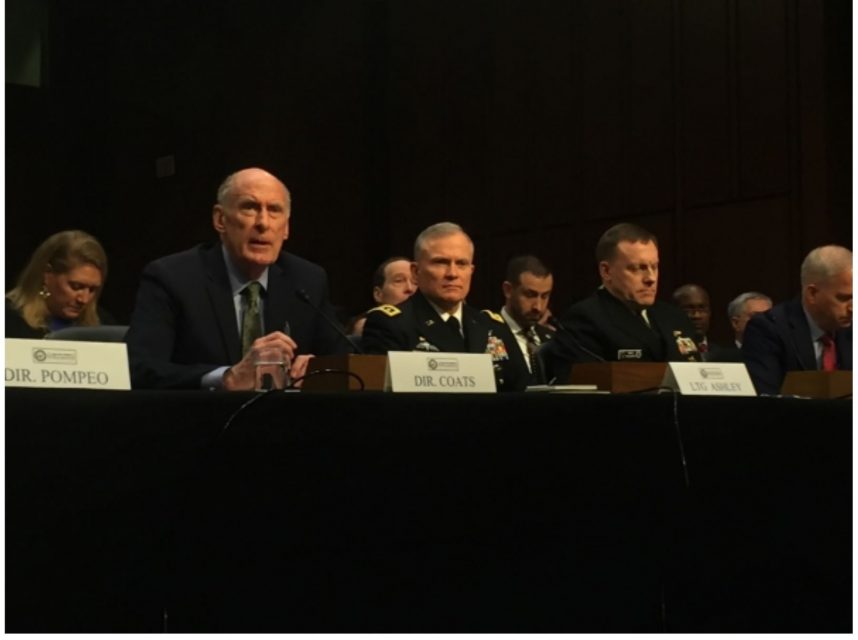
The US intelligence community report presented by US National Intelligence Director Coats claimed to be “collective insights of the Intelligence Community’s extraordinary women and men, whom I am privileged and honored to lead.”
“We in the Intelligence Community are committed every day to providing the nuanced, independent, and unvarnished intelligence that policymakers, warfighters, and domestic law enforcement personnel need to protect American lives and America’s interests anywhere in the world,” Coats explained in the report’s introduction.
“The order of the topics presented in this statement does not necessarily indicate the relative importance or magnitude of the threat in the view of the Intelligence Community,” he said, noting that the information presented to prepare the assessment was those available as of February 8, 2018.
The US report was dated February 13, 2018.
-US intelligence chiefs testify before US Senate on worldwide “threats”-
That same day, Tuesday, Coats and other chiefs of the five other US intelligence agencies testified at the hearings of the Senate regarding alleged threats to US security, where Coats presented the report.
The Federal Bureau of Investigation’s Christopher Wray, the US Central Intelligence Agency’s Mike Pompeo, the US National Security Agency’s Michael Rogers, Director of the Defense Intelligence Agency (DIA) Robert Ashley, National Geospatial Intelligence Agency Director Robert Cardillo, and the Director of National Intelligence Coats faced the US Senate Intelligence Committee hearing last week on worldwide threats.
In the same hearing, the US intelligence chiefs expressed fears that Chinese phones, citing the brand Huawei, might be used for spying.
In the hearing, Coats also expressed fears about multiple threats allegedly coming from China and Russia, aside from the threats posed by North Korea, China, and Iran, among others.
“Russia, China, Iran, and North Korea will pose the greatest cyber threats to the United States during the next year,” Coats said in the US intelligence community report.
-US has “strong sense of insecurity,” says China –
“These states are using cyber operations as a low-cost tool of statecraft, and we assess that they will work to use cyber operations to achieve strategic objectives unless they face clear repercussions for their cyber operations. Nonstate actors will continue to use cyber operations for financial crime and to enable propaganda and messaging,” he said.
On the US intelligence’s claims that even China’s cellphones are a threat and being used in espionage, China immediately replied that the US has a strong sense of insecurity that is beyond comprehension.
“I don’t know why the United States has such a strong sense of insecurity,” said foreign ministry spokesperson Geng Shuang at a press conference the following day, Wednesday, February 14.
(Eagle News Service)


